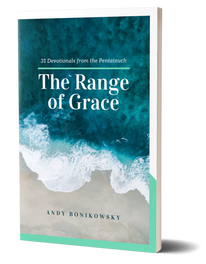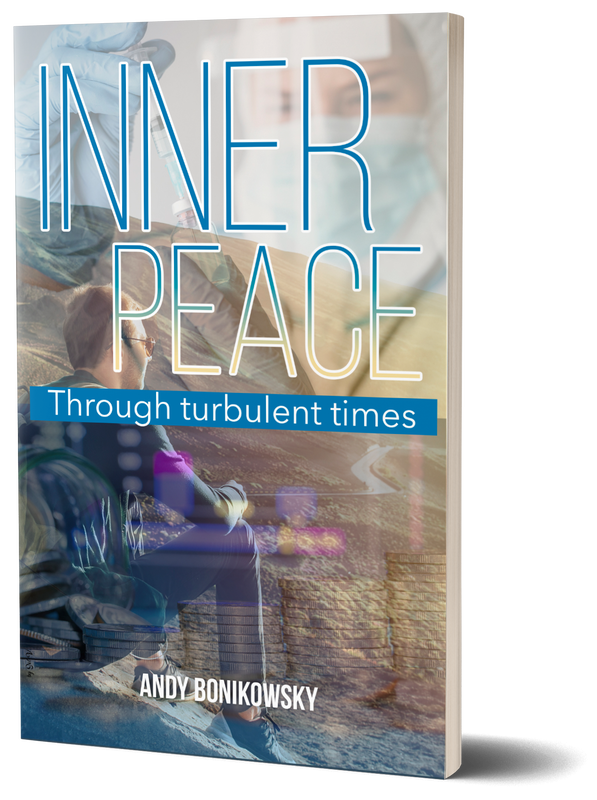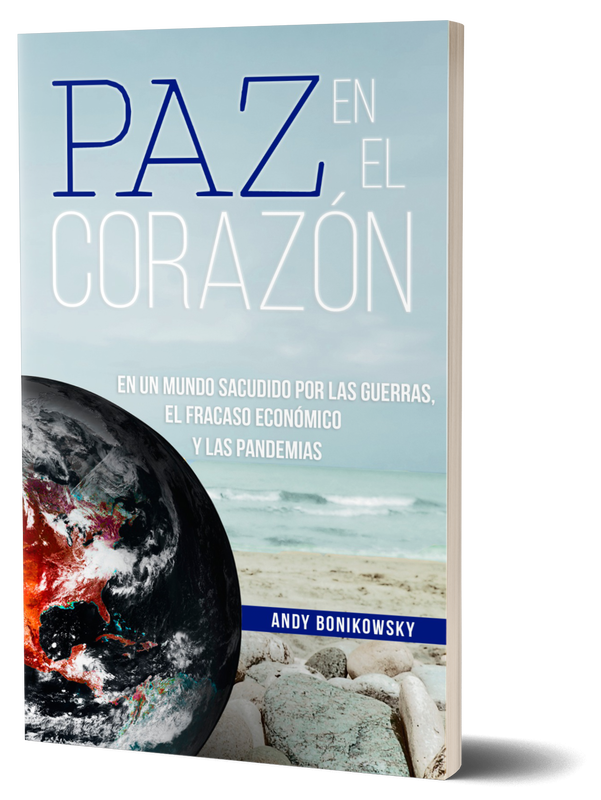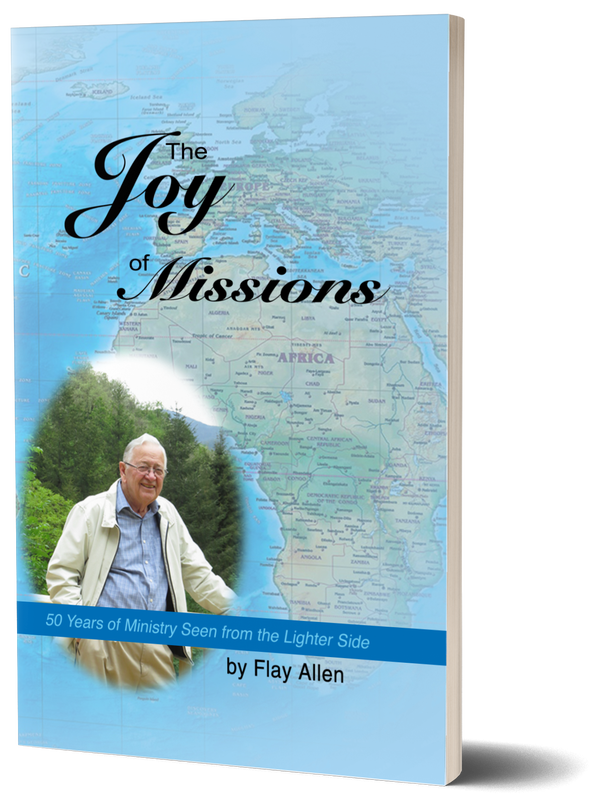We all face giants.
The question is, "How do we face them?"
As we walk into the future and the challenges it brings, what is our attitude?
The importance of the matter was highlighted for me recently as I listened to a lay preacher make some observations from this beloved scene in 1 SAMUEL 17.
But let’s first look at the context.
Notice what David did not have--the story of his victory over Goliath! That's obvious, of course, but my point is that this young man's challenge was unique. As in every other heroic, spiritual, victory in the Bible, God's believer had to walk into the battle without knowing exactly how the outcome would happen.
Sure, David had heroes, like Abel, Enoch, Abraham, Joseph . . . but none of them had gone into anything quite like this before, and besides, they weren't around to help him anyway. He would have to face his enemy without them. Like you and me, the chapter in front of him was new. Time alone would show how God would preserve his life.
But he did have one powerful asset from the past.
He could recall some very real and personal experiences with God. He had been dramatically kept from the deadly paws of a lion and a bear, and from these memories he deduced that the giant's paw was nothing to worry about either.
However, what has my attention now is his speech to the giant.
We do not see him crying out to God for help, describing the height of his opponent, the weight of his spearhead, or the makeup of his gear. The narrator does that for us. David doesn't seem to be perturbed in the least, nor really paying much attention to the giant's armor.
Rather, in six staccato statements, he tells Goliath just WHO he is dealing with.
In other words, David talks to the giant about his God, not to God about his giant.
He spoke of Jehovah's authority as Commander and Chief. He told Goliath how the Lord would hand his carcass over to him, and he wouldn't even get a proper burial! He presented the whole event as an opportunity God was making to prove to Israel just how powerful and sovereign He was.
This is not usually our approach.
Most of our attention tends to be on the size of our problem, its complexity, or its devastating potential. Our focus is on the obstacle. It looms before us larger than life and all we can think about is the crushing effects it can have on us. We plead to others for prayer, more out of desperation than of expectation.
And so, we talk to God about our challenge instead of telling our challenge just WHO God is.
It's a different mindset. A different way of heading into the battle.
Dear Father, very seldom do I take David's approach. I too quickly run to you about my giants instead of looking to them with Your glories in mind. Help me learn from this young lad, and then, please use my life to inspire others to do the same. Amen.
Andy





 RSS Feed
RSS Feed